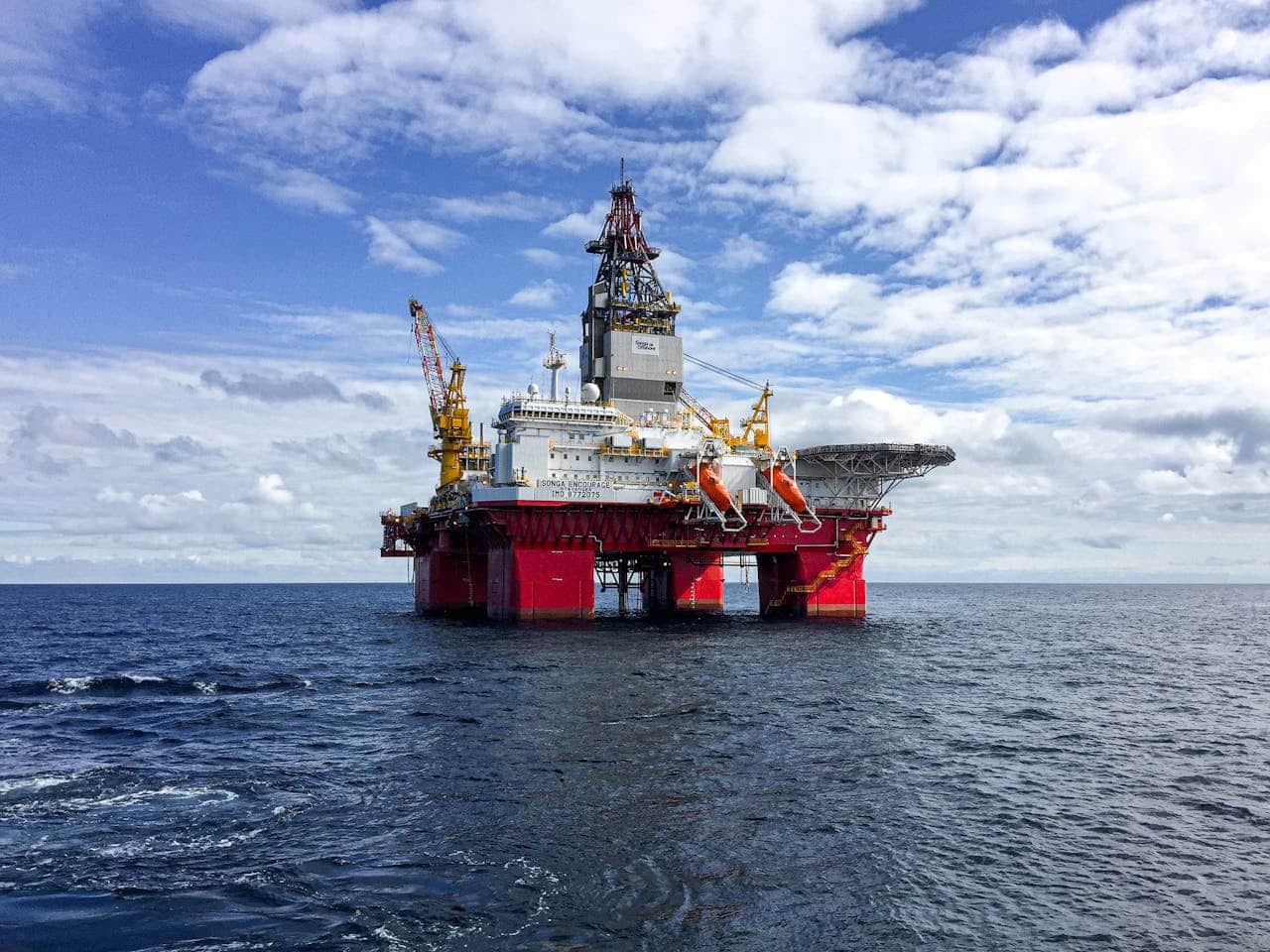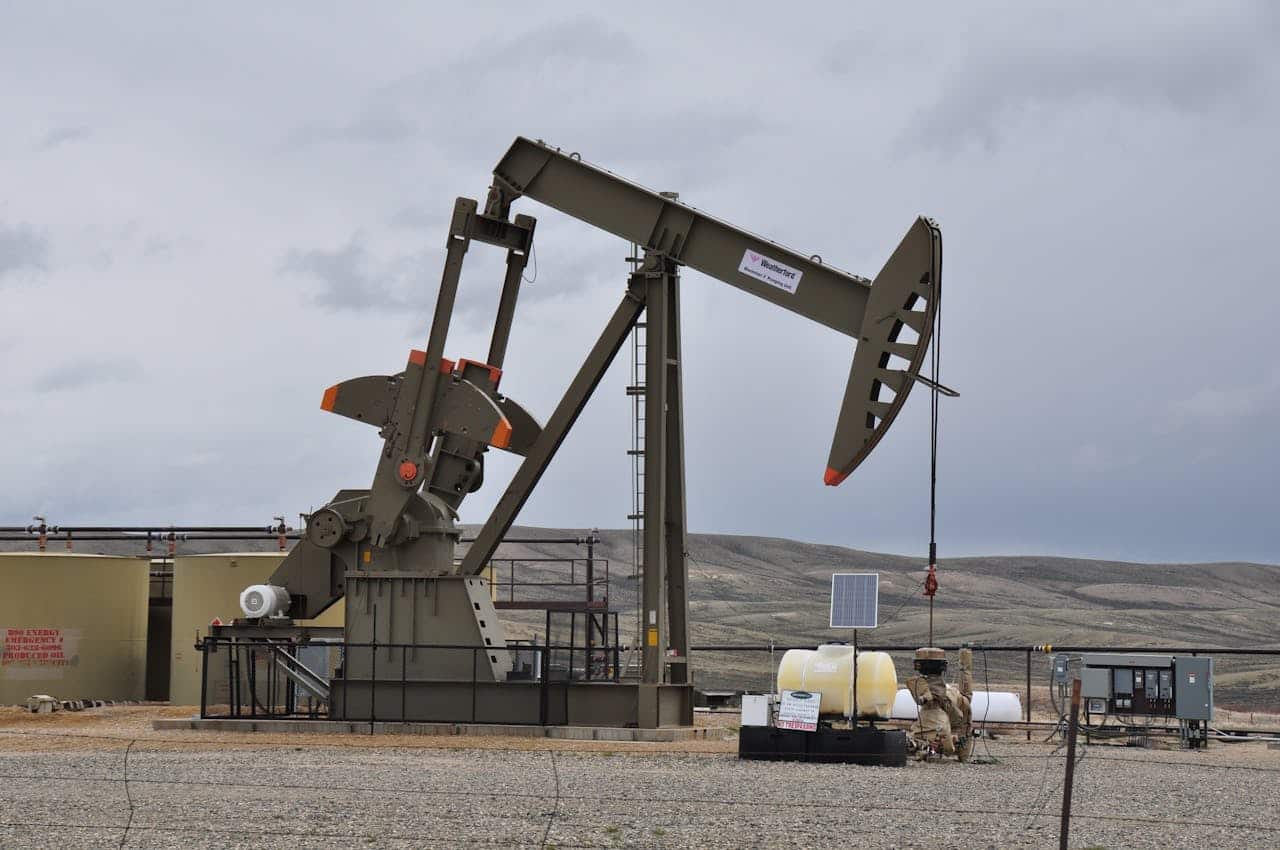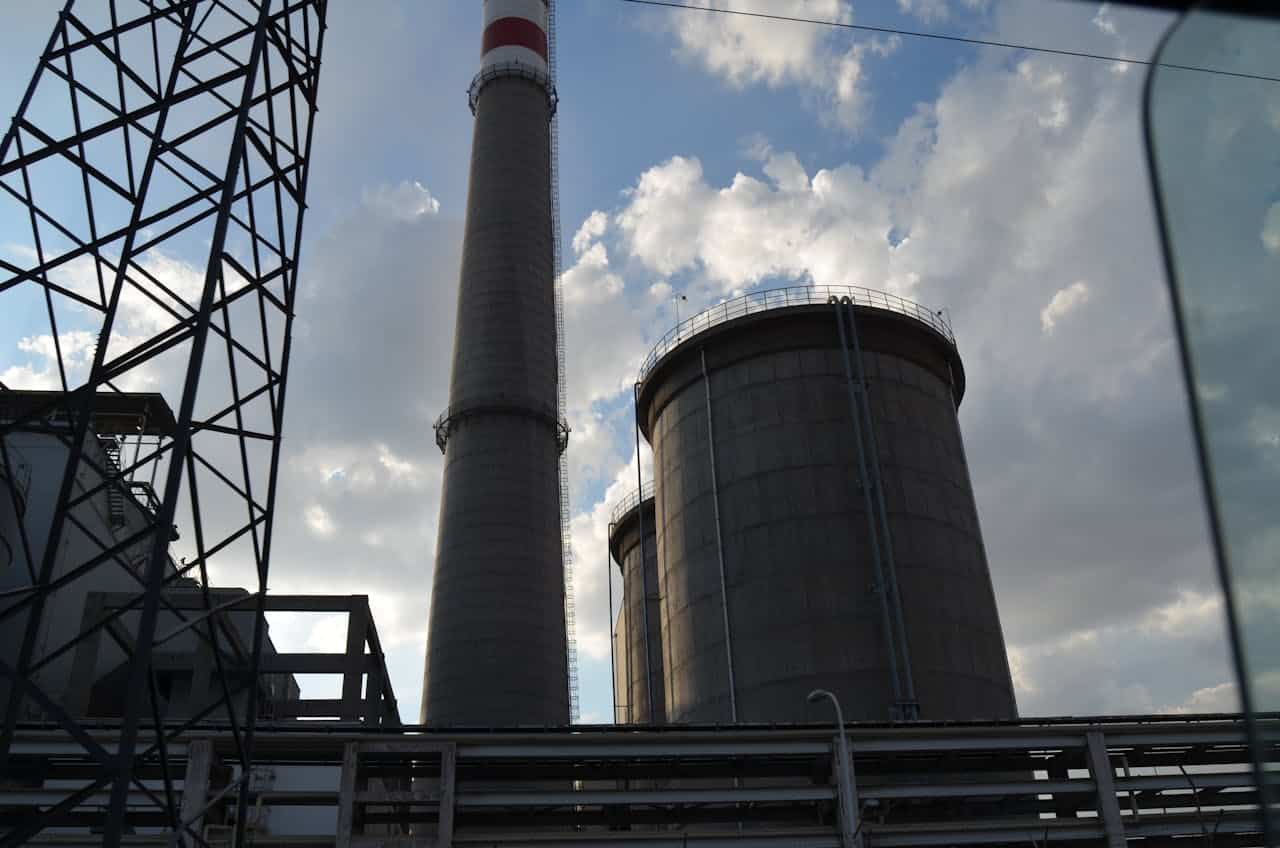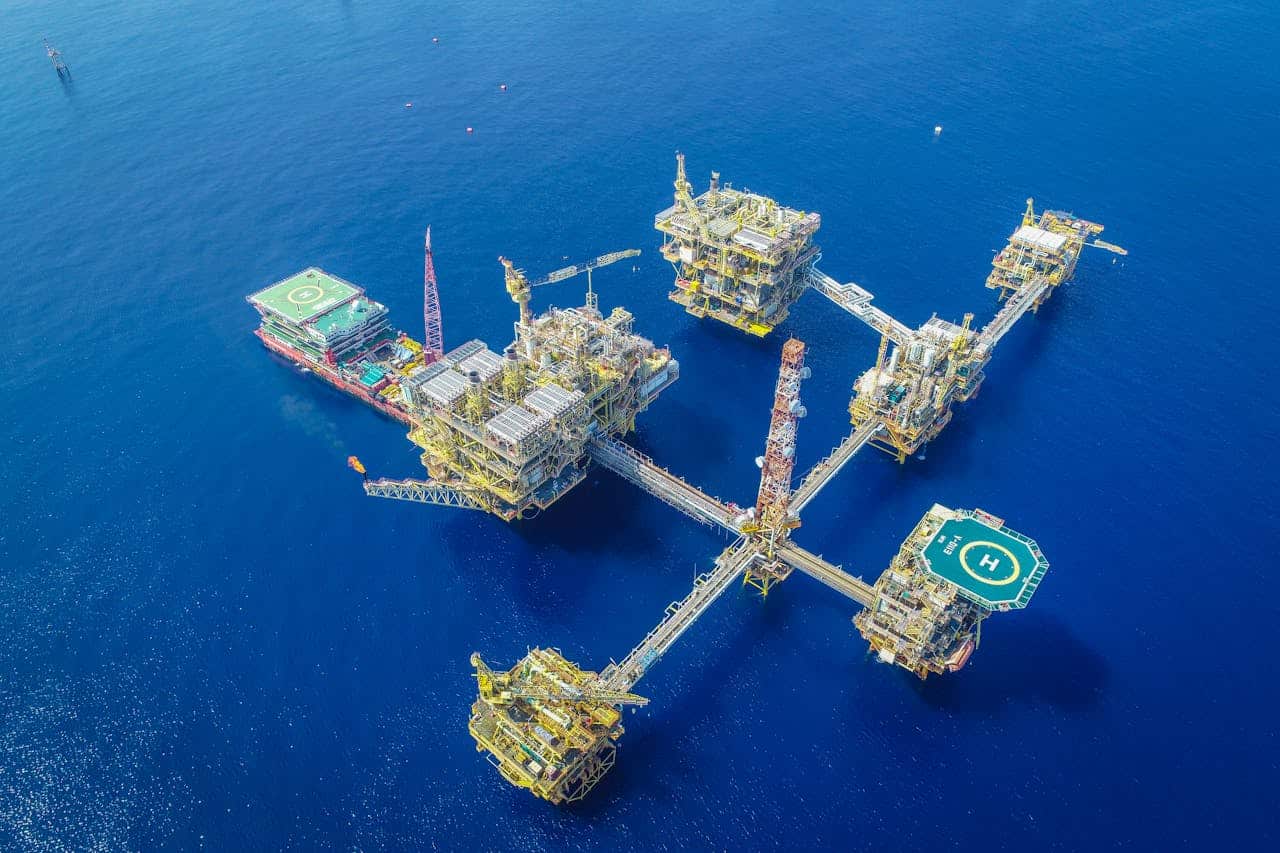Energy Economics And Policy Masterclass
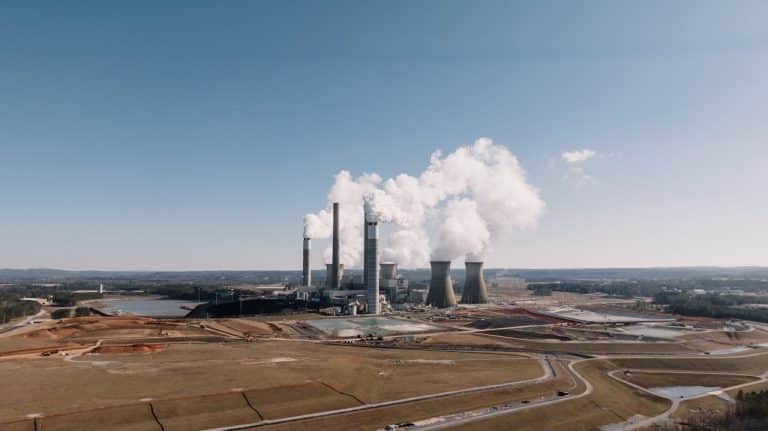
| Date | Format | Duration | Fees (USD) | Register |
|---|---|---|---|---|
| 15 Dec - 26 Dec, 2025 | Live Online | 10 Days | $7735 | Register → |
| Date | Venue | Duration | Fees (USD) | Register |
|---|---|---|---|---|
| 10 Nov - 14 Nov, 2025 | London | 5 Days | $6305 | Register → |
| 08 Dec - 10 Dec, 2025 | Dubai | 5 Days | $5575 | Register → |
Did you know that California’s strategic energy policies led to a 33% reduction in greenhouse gas emissions over the past decade while simultaneously fostering a 50% increase in renewable energy capacity? This compelling statistic underscores the critical importance of well-crafted energy policies in shaping both environmental outcomes and economic growth.
Course Overview
The Energy Economics and Policy Masterclass by Alpha Learning Centre is meticulously designed to equip professionals with essential skills in analysing the complex relationship between economic theories and energy policy. This course focuses on market mechanisms, regulation, and political choices to ensure participants can effectively navigate the future of the energy sector in terms of sustainability and economic profitability.
Why Select This Training Course?
Selecting this Energy Economics and Policy Masterclass offers numerous advantages for professionals involved in energy policy analysis, investment, and strategy development. Participants will gain advanced knowledge of energy market dynamics, policy evaluation frameworks, and climate change economics. The course provides hands-on experience with cutting-edge energy modelling software and real-world policy simulation tools, enabling attendees to optimise their decision-making processes effectively.
For organisations, investing in this training enhances overall strategic planning and reduces risks associated with energy market volatility. By ensuring that personnel are well-trained in energy economics and policy analysis, organisations not only protect their assets but also build sustainable practices. Research shows that companies implementing comprehensive energy strategies can achieve significant improvements in both environmental performance and economic outcomes. For instance, South Africa’s Renewable Energy Independent Power Producer Procurement Programme (REIPPPP) resulted in a 40% increase in renewable energy capacity in just five years.
Individuals who complete this course will benefit from enhanced career prospects as they become more valuable assets in their respective fields. The skills acquired through this training can lead to professional growth and increased responsibilities within their organisations. Studies indicate that with advanced energy policy knowledge, professionals can drive substantial improvements in energy efficiency. For example, in the United Arab Emirates, an innovative energy efficiency strategy led to a 30% cut in energy consumption within government buildings.
Transform your energy policy and economics expertise – Register now for this critical advanced training programme.
Who is this Training Course for?
- Energy policy analysts and advisors
- Investment professionals in the energy sector
- Utility company strategists
- Government energy officials
- Environmental economists
- Energy market consultants
- Research institutions staff
- Corporate sustainability managers
What are the Training Goals?
The objectives of this training course are to enable professionals to:
- Master energy market analysis techniques
- Develop policy evaluation frameworks
- Understand regulatory impact assessment
- Apply advanced economic modelling
- Evaluate energy investment strategies
- Analyse climate policy mechanisms
- Assess energy security implications
How will this Training Course be Presented?
The Energy Economics and Policy Masterclass employs a comprehensive and innovative approach to ensure maximum knowledge retention and skill development. Expert-led instruction from seasoned energy economists and policy analysts forms the core of the course, providing up-to-date insights into modern energy markets and practical applications for today’s energy sector.
The course utilises a blend of theoretical lectures and practical applications, allowing participants to apply their knowledge to realistic scenarios. Advanced educational methodologies create a personalised and engaging learning journey through:
- Interactive modelling workshops
- Policy simulation exercises
- Case study analysis
- Expert panel discussions
- Market data analysis sessions
- Group policy projects
- Real-time market assessments
Join us now and elevate your energy economics and policy expertise to new heights!
Course Syllabus
Module 1: Global Energy Market Dynamics
- Advanced supply and demand modelling techniques
- Price formation mechanisms across energy markets
- Cross-commodity market correlations
- Energy security risk assessment frameworks
- Geopolitical impact analysis methods
- Market structure evolution patterns
- Energy trade flow analysis
- Infrastructure development assessment
- Investment cycle analysis
- Storage dynamics and pricing impacts
- Regulatory framework evaluation
- Market integration analysis
Module 2: Energy Policy Analysis and Design
- Policy instrument effectiveness assessment
- Regulatory impact analysis methods
- Stakeholder engagement strategies
- Cost-benefit analysis frameworks
- Policy implementation pathways
- Compliance monitoring systems
- International policy coordination
- Market-based mechanism design
- Policy evaluation metrics
- Performance measurement frameworks
Module 3: Energy Economics Modelling
- Econometric modelling techniques
- Energy demand forecasting
- Supply curve analysis
- Price elasticity calculations
- Investment return modelling
- Risk assessment frameworks
- Market equilibrium analysis
- Scenario planning methods
- Sensitivity analysis tools
- Statistical modelling applications
- Advanced forecasting techniques
Module 4: Climate Change Economics
- Carbon pricing mechanisms
- Emissions trading systems
- Renewable energy economics
- Climate risk assessment
- Adaptation cost analysis
- Mitigation strategy evaluation
- Green finance frameworks
- Climate policy integration
- Environmental impact assessment
- Carbon market dynamics
- International climate agreements
- Technology cost curves
- Policy effectiveness metrics
Module 5: Energy Transition Economics
- Renewable energy investment analysis
- Grid integration economics
- Storage technology assessment
- Electric vehicle market dynamics
- Hydrogen economy evaluation
- Nuclear power economics
- Smart grid cost-benefit analysis
- Transition pathway modelling
- Stranded asset assessment
- Just transition frameworks
Module 6: Energy Market Risk Analysis
- Quantitative risk assessment methods
- Portfolio optimisation techniques
- Hedging strategy development
- Market volatility analysis
- Credit risk evaluation
- Regulatory risk assessment
- Political risk frameworks
- Technology risk analysis
- Climate risk integration
- Financial modelling tools
Module 7: Energy Infrastructure Economics
- Infrastructure investment analysis
- Network development planning
- Capacity market dynamics
- Grid modernisation economics
- Storage infrastructure assessment
- Transport system economics
- Project finance evaluation
- Asset valuation methods
- Cost recovery mechanisms
Module 8: Energy Security and Resilience
- Supply chain vulnerability assessment
- Emergency response planning
- Strategic reserve management
- Critical infrastructure protection
- System reliability economics
- Diversification strategies
- Risk mitigation frameworks
Module 9: Sustainable Energy Finance
- Green bond market analysis
- ESG investment frameworks
- Carbon finance mechanisms
- Project finance structures
- Risk assessment tools
- Investment criteria development
- Sustainability metrics
- Performance monitoring systems
Module 10: Energy Innovation Economics
- Technology cost assessment
- Innovation policy frameworks
- R&D investment analysis
- Commercialisation pathways
- Market adoption models
- Patent system economics
- Technology transfer mechanisms
- Innovation ecosystem development
- Public-private partnerships
- Investment incentive design
- Risk-sharing mechanisms
Module 11: Energy Market Design
- Market structure optimisation
- Price formation mechanisms
- Capacity market design
- Ancillary services markets
- Market power analysis
- Trading system development
- Market monitoring tools
- Competition assessment
- Regulatory frameworks
Module 12: Energy Data Analytics
- Advanced statistical methods
- Machine learning applications
- Market intelligence systems
- Demand pattern analysis
- Price forecasting models
- Supply chain analytics
- Performance metrics
- Predictive modelling
- Real-time monitoring
- Decision support systems
Module 13: International Energy Trade
- Trade flow analysis
- Tariff impact assessment
- Market access evaluation
- Competition policy
- Trade agreement analysis
- Dispute resolution mechanisms
- Export-import dynamics
- Currency risk management
- Cross-border regulations
Module 14: Energy Policy Implementation
- Stakeholder management strategies
- Implementation planning frameworks
- Compliance monitoring systems
- Impact assessment methods
- Performance measurement
- Policy coordination mechanisms
- Enforcement strategies
- Change management approaches
- Communication planning
- Resource allocation frameworks
Module 15: Energy Market Digitalisation
- Digital transformation strategies
- Smart market platforms
- Blockchain applications
- IoT integration frameworks
- Cybersecurity protocols
- Digital trading systems
- Data monetisation strategies
- Platform economics
- Artificial intelligence implementation
- Digital twin applications
Module 16: Energy Consumer Economics
- Demand response mechanisms
- Consumer behaviour modelling
- Retail market dynamics
- Prosumer economics
- Smart metering analysis
- Tariff design frameworks
- Energy poverty assessment
- Consumer protection policies
- Market segmentation strategies
- Behavioural economics applications
- Energy efficiency incentives
Training Impact
The impact of energy economics and policy training is evident through various real-world case studies and data, which demonstrate the effectiveness of structured programmes in enhancing policy outcomes and market performance.
Research indicates that organisations implementing structured energy policy training programmes have demonstrated measurable benefits in both environmental sustainability and economic growth. A case study from South Africa showed that the Renewable Energy Independent Power Producer Procurement Programme (REIPPPP) increased renewable energy capacity by 40% in just five years, showcasing the power of well-designed energy policies in transforming energy markets.
These case studies highlight the tangible benefits of implementing advanced energy economics and policy strategies:
- Improved environmental outcomes through targeted policy interventions
- Enhanced energy efficiency and reduced consumption in various sectors
- Increased renewable energy capacity and market penetration
- Strengthened energy security and reduced dependence on fossil fuels
By investing in this advanced training, organisations can expect to see:
- Significant improvement in energy policy formulation and implementation
- Improved ability to navigate complex energy market dynamics
- Enhanced decision-making capabilities in energy investments and strategy
- Increased competitiveness through comprehensive energy economics knowledge
Transform your career and organisational performance – Enrol now to master Energy Economics and Policy!


